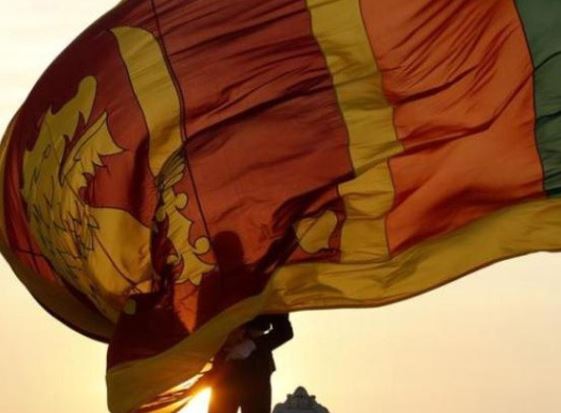Colombo (Sri Lanka): Sri Lanka has become a colony of China and trade unionists and others, who vehemently opposed a recent deal with India, but have not said a word in protest against Beijing making inroads in the island nation, said former Sri Lankan President Chandrika Bandaranaike Kumaratunga.
Speaking to the privately-owned NewsFirst network on Thursday, the former president said the parties that opposed the Indian deal are keeping mum about every national asset being allegedly handed over to China, reported Economy Next.
Her remarks come days after Sri Lanka cancelled oil storage and port deals with India. The Sri Lankan government said this week that it will cancel a lease on oil storage tanks in the eastern port district of Trincomalee that was awarded to India’s biggest refiner state-controlled Indian Oil Corporation (IOC).
Earlier this month, Colombo cancelled a trilateral deal with India and Japan to develop the eastern container terminal at Colombo Port.
The proposed deal drew heavy opposition from trade unions, left-leaning political parties, members of the clergy and sections of the government itself.
“If you look at their bank accounts – those in trade unions and others – how they become millionaires overnight – you have to wonder,” said Kumaratunga.
“We didn’t bow down to anybody. Those who are in charge must have an understanding of foreign policy and foreign relations,” she said, noting that certain individuals in the present government used to openly mock the very idea of foreign relations.
“Today, for all intents and purposes, we are a colony of China,” she added.
Kumaratunga further said that in order for Sri Lanka to make any progress, the people must change their outlook and look for leaders of a different calibre.
“Each administration keeps undermining the one that preceded it. This is no way forward for this country. The people must change first. To change the people, the education system must be overhauled. We also need political leaders of a different calibre: young, educated, not given to corruption – people who do not treat politics as a business opportunity,” she said.
There is a growing Chinese influence in Sri Lanka. Beijing took over Hambantota port in the south of the country in 2016 after Sri Lanka failed to keep up with debt repayments, and is involved in the construction and operation of a neighbouring port terminal in Colombo, as well as other critical infrastructure. (ANI)





